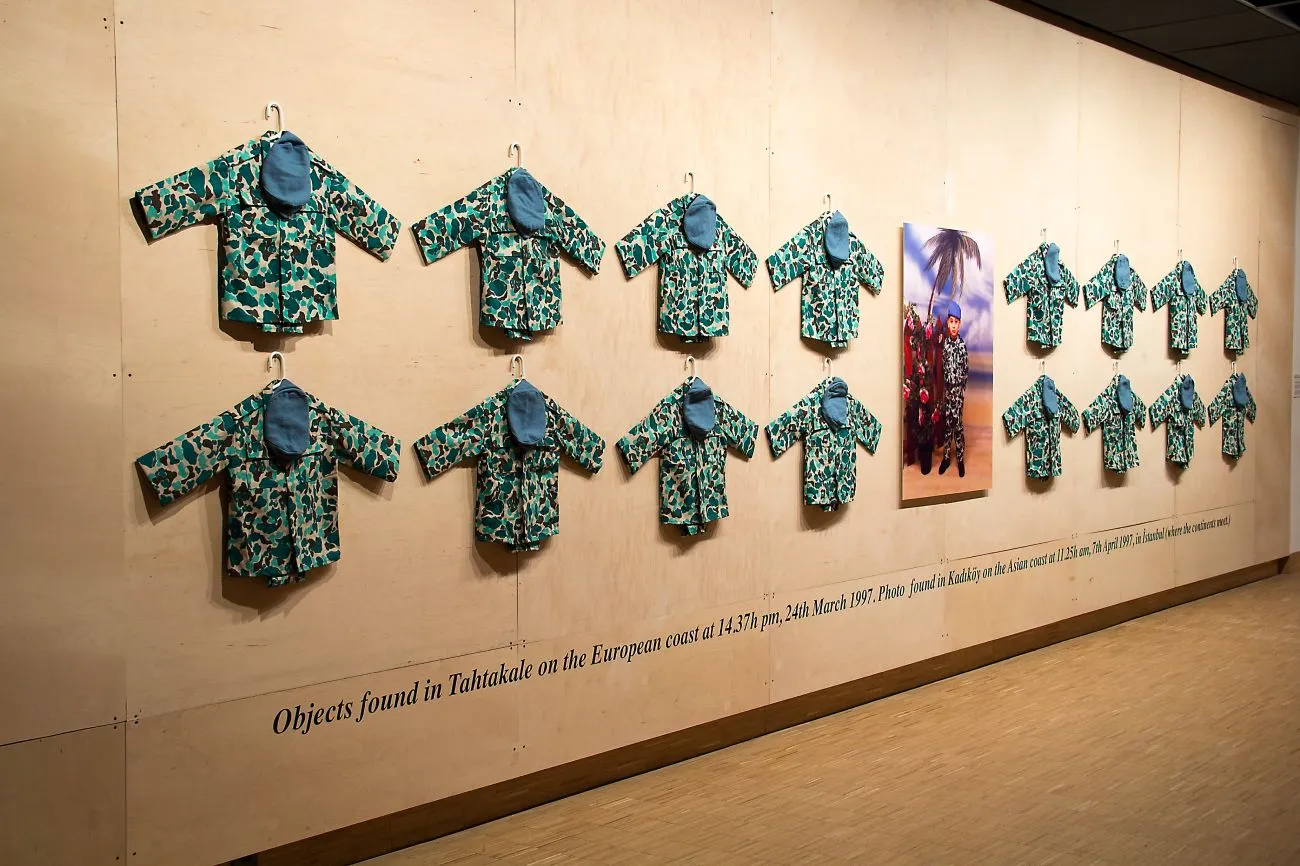Gülsün Karamustafa
Gülsün Karamustafa is one of Turkey’s most renowned contemporary artists. Throughout her career, which spans more than 60 years, she has explored themes of identity, migration and gender, trying to make sense of the changes that urbanization and globalization have brought to her country. Karamustafa works in a variety of media, from traditional figurative painting to installation and film.

Gülsün Karamustafa
Born in Ankara in 1946, she graduated from the State Academy of Fine Arts in Istanbul in 1969. In 1971, the conflict between right-wing and left-wing political groups in Turkey reached its peak, and the military staged a coup d’état, claiming it would put an end to the unrest.
Gülsün Karamustafa and her husband Sadık were imprisoned for taking part in the protests: he served two and a half years, she six months. The artist has reflected on her experience of political persecution in a number of projects, including the cycle “Prison Paintings”, created in 1972 and first exhibited in 2013.
Karamustafa has received many awards, both Turkish and international, including the Dutch Prince Claus Award. She has participated in major exhibitions around the world and represented her country at the Venice Biennale in 2024. Karamustafa’s first major solo exhibitions took place at Salt Beyoglu and Galata in Istanbul in 2013, and outside Turkey at the Nationalgalerie der Gegenwart (Hamburger Bahnhof) in Berlin in 2016. The artist’s work is included in the collections of the Tate Modern, the Guggenheim Museum in New York, the Ludwig Foundation in Vienna, Istanbul Modern and many other institutions.